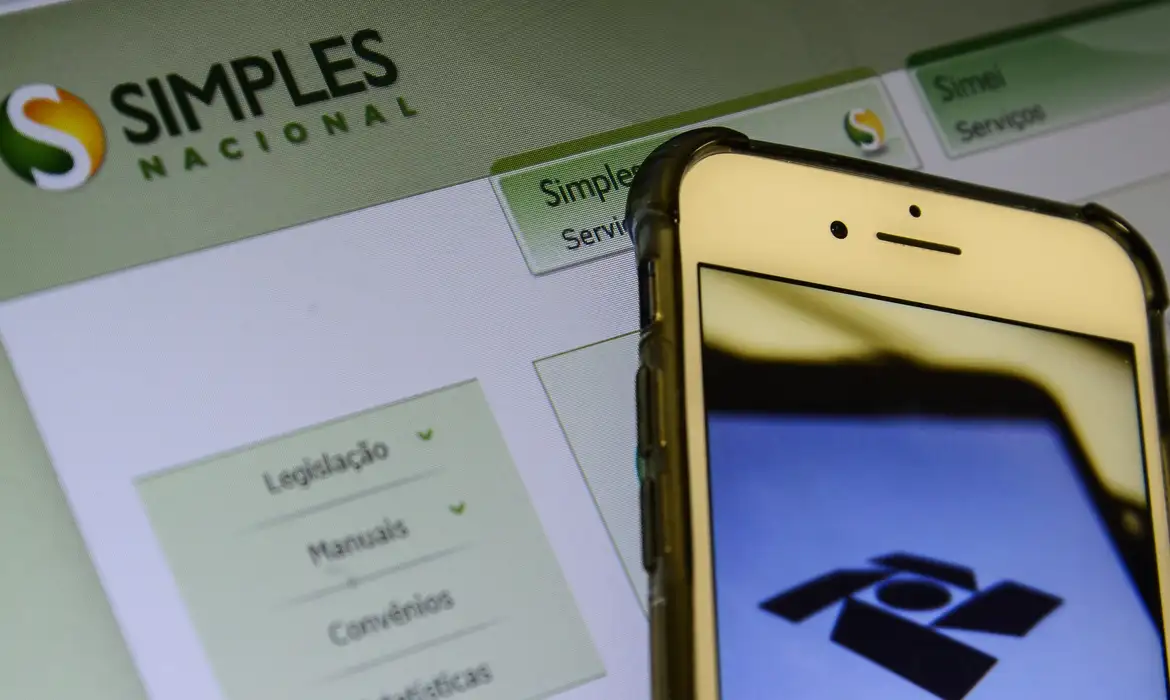Fund created by Goiás is criticized by mining companies


“In Brazil, there is a consensus not to tax our exports, which is fundamental for the trade balance and for the industrial development of all sectors. The law passed in Goiás impacts us because it takes away competitiveness, takes away market, takes away investments and creates legal uncertainty. If it is endorsed by the STF, it will go viral in other states and will be a threat to exports in any sector,” he said.
According to an estimate by Ibram, the contribution to Fundeinfra would generate an impact of R$ 160 million a year in the mineral production of ferroalloys, copper and gold.
Bottom
Created in 2022, Fundeinfra modifies the tax code of Goiás. Among the changes is the collection of the Tax on Circulation of Goods and Services (ICMS), which cannot be levied on export operations. This exemption is established by the Constitution.
Under the new rules, the government of Goiás can demand the payment of ICMS at the time the goods leave the establishment of origin and undertakes to refund the amount when effective export is proven. This measure applies to corn, soy, meat resulting from cattle slaughter, asbestos, ferroalloys, copper ore and its concentrates and gold. The ICMS rate levied on operations with these goods in the state varies between 12% and 17%.
To avoid the temporary withholding of amounts related to the tax, the legislation offers the option of joining a special export control regime, which must be formalized with the State Secretariat for the Economy. This alternative involves a contribution to Fundeinfra. In the case of asbestos, ferroalloys, copper ore and its concentrates and gold, the transfer to the fund is equivalent to 1.65% of the value of the operation. The funds raised must be used by the state to implement infrastructure policies and administrative actions.
Suspension
Since last month, however, the government of Goiás has been prohibited from collecting funds for Fundeinfra. Minister Dias Toffoli responded to a request from the National Confederation of Industry (CNI) and suspended the effects of the new rules. He considered that the government created a condition to guarantee the tax immunity provided for in export operations, which would be unconstitutional.
The decision, taken under the Direct Action of Unconstitutionality (ADI) 7363, can be countersigned or overturned in the virtual plenary. Votes must be submitted by April 24. So far, only André Mendonça has aligned himself with Toffoli.
On the other hand, Minister Edson Fachin opened a divergence and was accompanied by Alexandre de Moraes. Both consider that a precautionary suspension does not fit and that only the analysis of the merits can indicate the legal nature of Fundeinfra, establishing whether it fits as an optional contribution, which would be constitutional, or as an additional ICMS, which would be unconstitutional.
The State of Goiás defends that it is an optional and voluntary contribution. In turn, Ibram considers that the established rules end up making the payment compulsory. The entity intends to ask the STF to join ADI 7363 as an Amicus Curie, which would allow it to manifest itself in the case file.
According to Jungmann, a STF decision favorable to the state of Goiás will stimulate the creation of similar measures in other parts of the country. He assesses that the states are looking for alternatives in the face of the drop in revenue caused last year by projects proposed by the government of Jair Bolsonaro and approved in Congress aimed at exempting ICMS on fuel, energy, telecommunications and public transport.
“They are really pressured in terms of their respective treasures. And then they look for solutions like this. But this solution is a disaster not only for the sector, but also for all and any Brazilian export activity”, he evaluated.
drop in billing
Ibram’s quarterly balance revealed a reduction in the sector’s revenues in the first quarter of the year. It was BRL 54.6 billion, 3% less than the first quarter of 2022. In comparison with the last quarter of 2022, the drop was greater, reaching 11%.
“This is because, historically, there is a small reduction in production at the beginning of each year. Mainly due to seasonality. It is when we have the strongest rainy season here in the Southeast.
So this implies a decrease in the production of the various open pit mines. The vast majority of mines in Brazil are open pit”, explained Ibram’s Director of Sustainability and Regulatory Affairs, Julio Nery.
In exports, there was an increase in the volume traded. Overseas business moved 78.5 million tons in the first half of 2023, 4.2% more than in the same period last year. However, the variation in commodity prices caused revenue from exports to fall by 3%. US$ 9.21 billion were transacted in the first quarter of this year and US$ 9.48 billion in the first three months of 2022.
Operations involving iron ore accounted for 67.2% of all exports. Gold, copper and niobium were respectively responsible for 10.2%, 7.9% and 6.6%.
Foto de
Economia,Fundeinfra,Ibram,Mineradoras,Goiás




